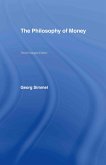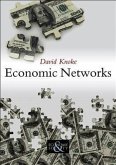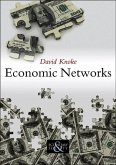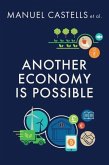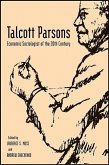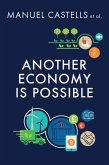The Nature of Money draws on neglected intelectual traditions in the social sciences to develop a theory of the social relation of money. Geoffrey Ingham argues that mainstream economics and sociology fail to grasp the specific nature of money. It is seen either as a 'neutral veil' over the operation of the 'real' economy or its existence is simply taken for granted. Defining money as a socially and politically constructed 'promise to pay', Ingham applies this approach to a range of important historical and analytical questions. The origins of money, the 'cashless' monetary systems of the ancient Near Eastern empires, the pre-capitalist coinage of Greece and Rome and the emergence of capitalist credit-money are all given new interpretations. In contrast to the conventional focus on production and property relations, ir is argued that capitalism's distinctiveness is to be found in the social structure Ä comprising complex linkages between firms, banks and states Ä by which private debts are routinely 'monetized'. Monetary 'disorders' Ä inflation, deflation, the collaspe of currencies Ä are the result of disruptions of, or the inability to sustain, these creditÄdebt relations. Finally, this concept of money is used to clarify confusion in the recent debates on the emergence of new forms and spaces of money Ä such as global electronic money, local exchange trading schemes and the euro.
Bitte wählen Sie Ihr Anliegen aus.
Rechnungen
Retourenschein anfordern
Bestellstatus
Storno



